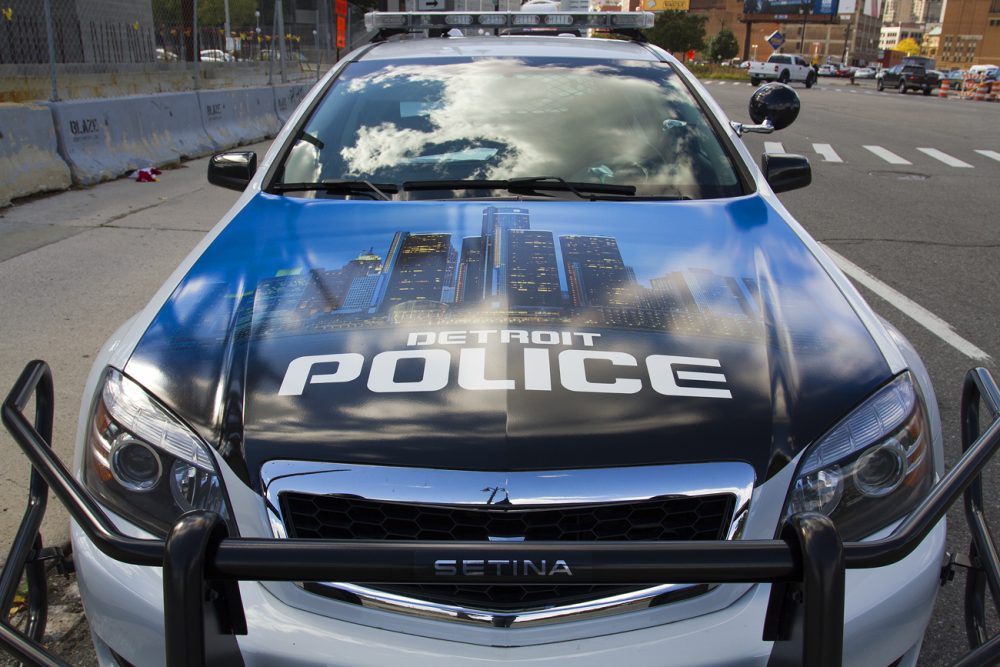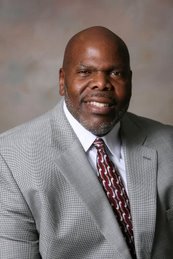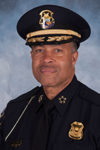
More Detroit police officers are living outside the city than any time since the state banned residency requirements for municipal employees in 1999, according to records obtained under the Freedom of Information Act by Motor City Muckraker.
About 75% of Detroit’s officers, sergeants, lieutenants, detectives and top brass don’t live in the city they serve. For police officials making more than $100,000 a year, 80% don’t live in Detroit.
The nonresidency rate was 20% in 2001 and 53% in 2011.
Because of the declining residency, the city is losing millions of dollars a year in income and property taxes. Supporters of residency requirements say officers who live outside of Detroit are more likely to aggravate the long-strained relationship between the black community and police.

“We are getting to the point where the police department will no longer reflect the community it serves,” said former Police Officer John Bennett, who lives in Detroit and worked on diversity and recruitment before his recent retirement. “They’re bringing in candidates from northern Michigan who haven’t had contact with people of color, and you expect them to police a community that is predominately black.”
More than 90% of the city’s white officers live in the suburbs, while about 60% of black cops reside outside of the city.
Most of the officers have families and don’t want to relocate to a city with a struggling education system, escalating crime and the state’s highest property taxes and insurance rates.
Since the city can’t require police to live in Detroit, the only recourse is to attract and retain more city residents. But that hasn’t worked.
In 2011, then-Mayor Dave Bing’s administration hoped to lure as many as 200 police officers back to Detroit by selling them large, rehabbed homes for as little as $1,000 in the relatively safe and stable neighborhoods of Boston-Edison and East English Village. Only a handful accepted the offer.

Earlier in his current term, Mayor Mike Duggan said he wanted to reverse the residency trend, but he has yet to develop a plan that is ready.
“This is an issue the mayor is focused on, and he is actively exploring options to increase officer residency,” said Duggan spokesman John Roach, who declined to divulge details “because this is in the early stages.”
To attract more Detroiters, Police Chief James Craig and First Assistant Chief Lashinda Houser have launched a recruitment plan that reaches out to students and adults who live in the city and may want to become cops. Students at Cody High School and University Prep Academy, for example, can now enroll in classes that prepare them to be police officers. The classes, which are taught by officers, range from constitutional law to proper police techniques. This summer, the police department held its second-annual Summer Youth Jam at Chene Park, which attracted about 1,500 young people, said police spokesman Michael Woody.

DPD also offers various internships to college students and is using social media to reach out to millennials and others.
“We are utilizing every available option we can muster” to attract Detroiters, Woody told me Monday. “Even when you look at the obstacles that we contend with, we are still able to get individuals interested in something wonderful that will help bring back the city.”
Bennett said the city could do more, like reaching out to churches and distributing information at big events, such as the annual Fight for Freedom Fund Dinner held by the Detroit branch of the NAACP.
Residency requirements vary by city and state. The debate has been long and contentious, wending its way through courts.
The Pennsylvania Supreme Court is expected to soon decide whether Pittsburgh has the legal authority to require its employees to live in the city.
buy albuterol online https://www.calmandgentledentalcare.co.uk/wp-content/languages/new/uk/albuterol.html no prescription
In June, the Wisconsin Supreme Court upheld a state law that eliminated a requirement that Milwaukee police live in the city.
Some argue that residency requirements violate the equal protection clause of the 14th Amendment. In 1971, the Michigan Supreme Court disagreed, saying a “policeman’s very presence, whether actually performing a specified duty during assigned hours, or engaged in any other activity during off-duty hours, provides a trained person immediately available for enforcement purposes.”
Motor City Muckraker is an independent watchdog funded by donations. To help us cover more stories like this, please consider a contribution.
Steve Neavling
Steve Neavling lives and works in Detroit as an investigative journalist. His stories have uncovered corruption, led to arrests and reforms and prompted FBI investigations.
